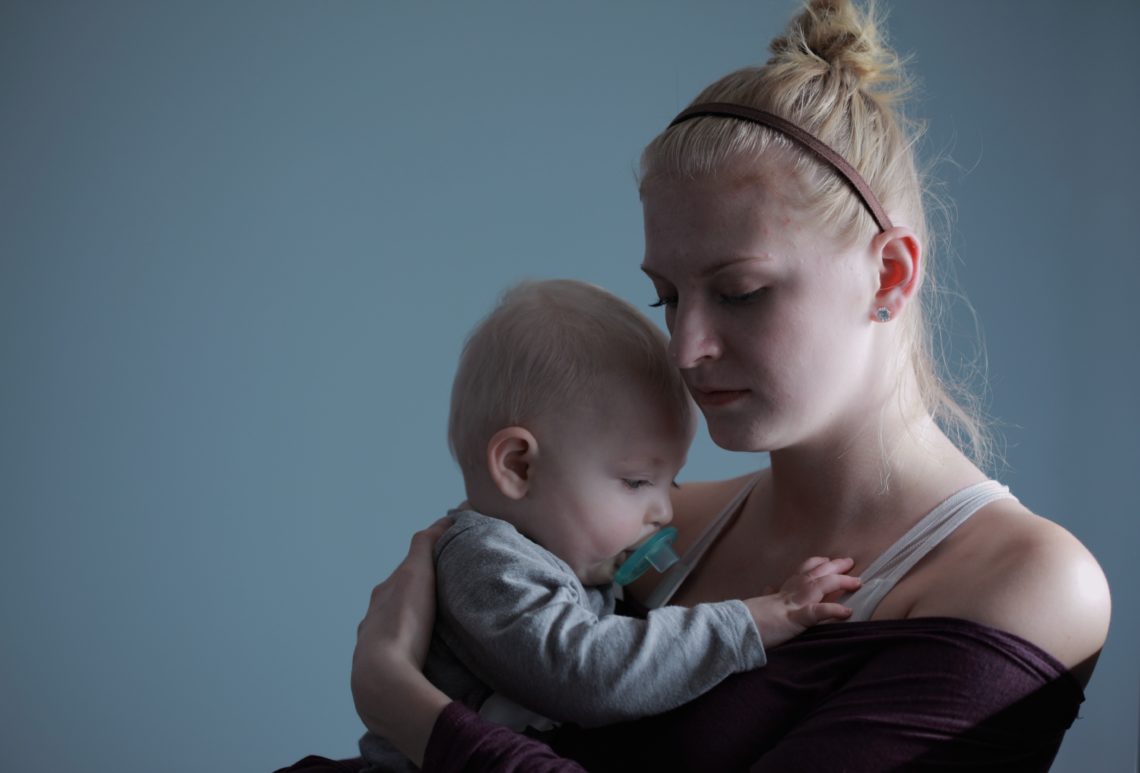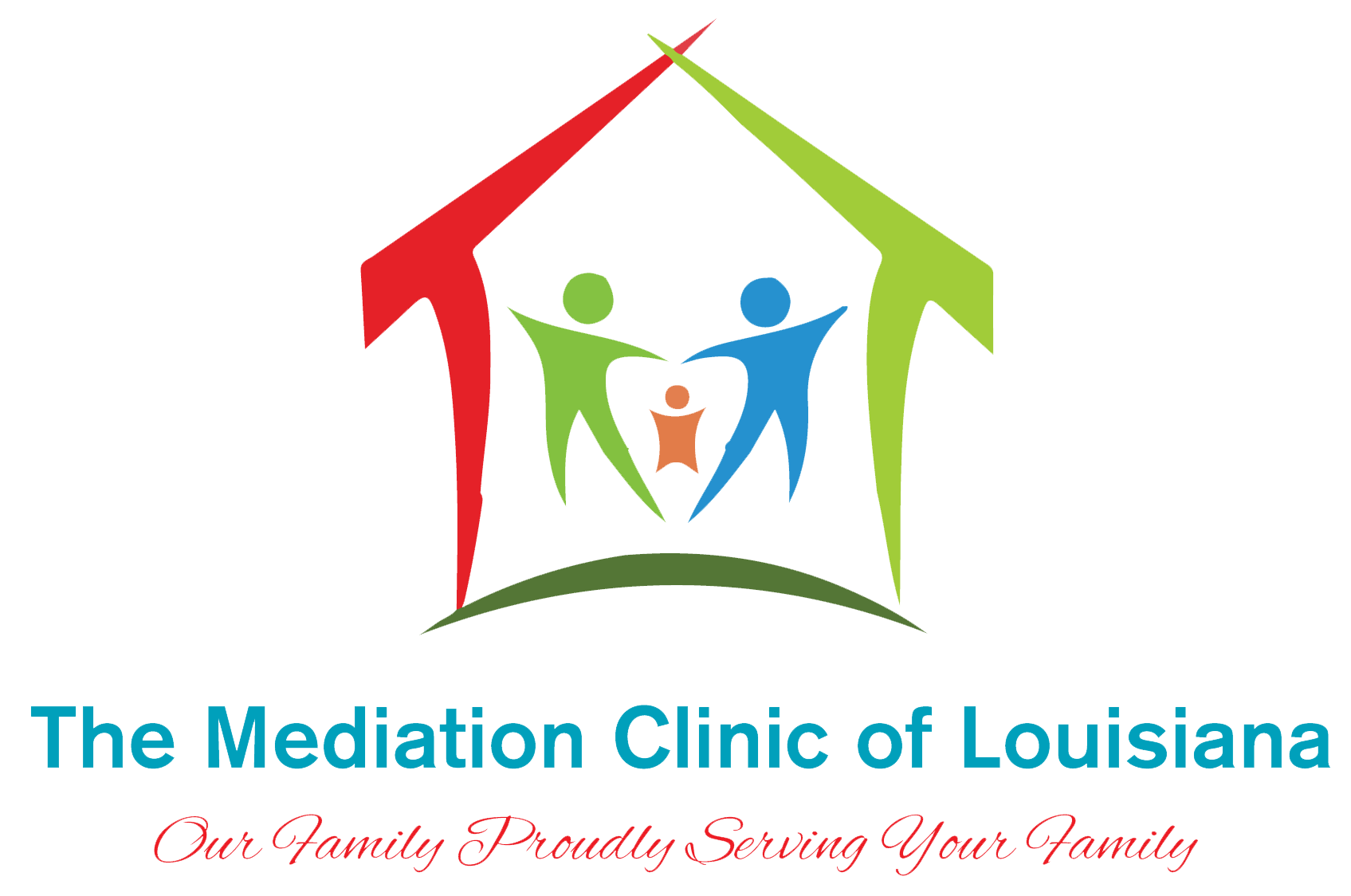
Consequences of Marital and Divorce Conflict: Save the Health of You and Your Child(ren) with Mediation
The end of a relationship does not necessarily indicate the end of conflict between former spouses or partners. This is especially so with couples who have children together because it will be difficult to avoid contact, thus leading to ample opportunities for continued or post-divorce conflict.[1] After the termination of a marriage, sometimes more potential conflict opportunities arise such as property division, spousal support, custody, visitation, child support, etc.
Although conflict is a normal part of marriage and divorce, excessive conflict can have negative effects on individual mental and physical health, family health, and child-well-being. Research has highlighted links between marital and divorce conflict and mental health issues such as depression, eating disorders, being physically and/or psychologically abusive to your current partner or ex-partner, and male alcohol problems. Research has also found associations between marital and divorce conflict and poorer overall physical health. Hostile relationship contact has been linked to an increase in blood pressure and vascular resistance. The extent of the hostility has also been linked to a negative effect in hormone levels; however, this tends to effect women more hormonally than men. Although the way conflict is expressed matters most in regards to overall physical health, regardless of the style of expression, simply disagreeing with someone has negative effects on the body.[2] In regards to the familial and child well-being, marital and divorce conflict has been shown to be connected to poorer parenting, problematic parent-child attachments, and a greater frequency and intensity of parent-child or sibling-sibling conflict. These conflicts can be especially harmful for children when the conflicts are centered around child-rearing or other issues related to the child(ren). Research has revealed numerous problematic effects of marital and divorce conflict on children, including health problems, depression, anxiety, conduct problems, and low self-esteem. Although children can be highly destressed by both verbal and physical conflict between parents, they can be reassured by healthy conflict resolution. When children see parents engaging in calm discussions while engaged in a conflict, children tend to react more positively especially when children see parents compromising with each other so as to resolve their differences.[3]
Mediation can be an opportunity for couples to actively try to avoid excessive negative conflict for the benefit and well-being of the individual parties as well as the children. The mediation process allows divorces, custody battles, etc. to progress in a smooth and orderly fashion. Rather than spending an excess amount of money in court costs and attorney fees, mediation is a cheaper, less- stressful option. Mediation can be done behind the confidential, closed doors of a mediator who will act as an unbiased third party in order to help you resolve conflict as quickly and positively as possible thus, preventing or limiting many of the aforementioned problems.
[1] Yeager, E. O. “High Conflict Couple Interaction and the Role of Relative Power.” Sociology Compass ¾ (2009):672-688
[2] Wright, B. & Loving, T. “Health Implications of Conflict in Close Relationships.” Social and Personality Psychology Compass 5/8 (2011):552-562
[3] Goeke-Morey, M.C., Cummings, E.M., and Papp, L.M. “Children and Marital Conflict Resolution: Implications for Emotional Security and Adjustment.” Journal of Family Psychology 21,4 (2007): 744-753
You May Also Like



